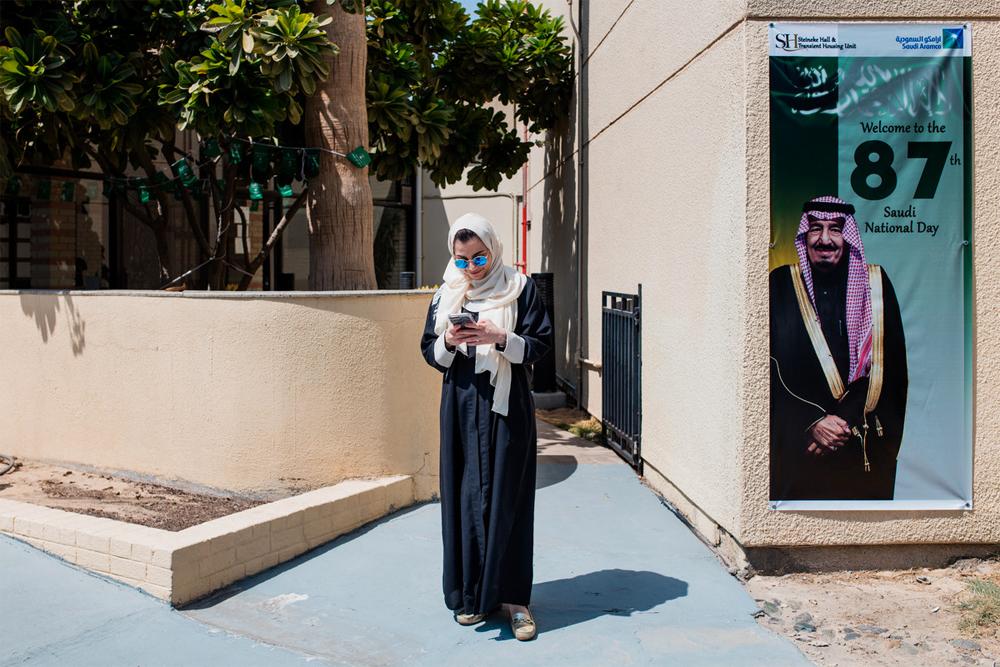
The second of four laws within the legal reforms system, which were announced in February 2021, was approved by Saudi Arabia’s cabinet. The “personal status law,” noted by the Kingdom’s Crown Prince Mohammed bin Salman, was formed from the requirements of Islamic Sharjah, and that the most recent legal trends and contemporary international judicial practices have been considered.
The Saudi royal also added that the personal status law will aid family preservation, and family stability, the improvement of the status of family and their children, as well as the control in the judge's discretion to limit the discrepancy of judicial rulings on these matters.
Crown Prince Mohammed Bin Salman also emphasized that introducing the personal status law enforces Saudi Arabia’s Vision 2030 agenda, and the government’s promise to reform. This new law also conveys its commitment to protecting human rights, preserving family stability and empowering women.
He also added that the personal status law addresses the social issues that both families and women in the kingdom face and will be fully implemented 90 days after it is published in the Official Gazette.
من أبرز مضامين #نظام_الأحوال_الشخصية pic.twitter.com/kiLMxYuhi1
— وزارة العدل (@MojKsa) March 8, 2022
The Saudi Arabian crown prince conveyed his gratitude to the Custodian of the Two Holy Mosques King Salman for his work in developing the kingdom’s judicial system and improving its efficiency in a way that protects human rights and helps to achieve justice effectively.
The first reform of the four being implemented was the law of evidence, which was passed in December 2021, and the crown prince had announced that the personal status law would also be passed in the beginning of 2022. The remaining two laws are civil transactions law and the penal code for discretionary sanctions.
Personal status law also aims to create and reform systems that protect rights, form principles of justice and continually develop. These legislative reforms are being embraced by the Kingdom under the supervision and leadership of Saudi Arabia’s king and crown prince.
Saudi women are behind some of @Aramco's greatest work. #IWD2022 https://t.co/TjBcaUskVO
— About Her (@AboutHerOFCL) March 8, 2022
The new personal status law includes the notion that a legal guardian cannot prevent a woman from marrying someone that is equal to her. If one of the spousal parties doesn’t fulfil a condition within the marriage that was agreed on, the marriage may be annulled, and the husband will not be compensated, whilst the woman will not receive any compensation hat exceeds her dowry.
Saudi lawyer Khalid Al-Mihmadi explained to a news outlet, “The dowry belongs to the wife and she is not obligated to dispose of it to anyone. What the suitor offers during the courtship period is considered a gift unless he declares that it is part of the dowry.”
From fighting food insecurity to protecting endangered ecosystems, these Arab women are heroes in every sense of the word.https://t.co/b1A0penZGF
— About Her (@AboutHerOFCL) March 9, 2022
With the personal status system being derived from Islamic Sharjah, it also makes sure to preserve family bloodlines and children as well as the regulation of marriage from engagement to divorce. The law also regulates custody, which states in clear terms that custody is for the mother – which was not part of the system prior to the new reform.

















